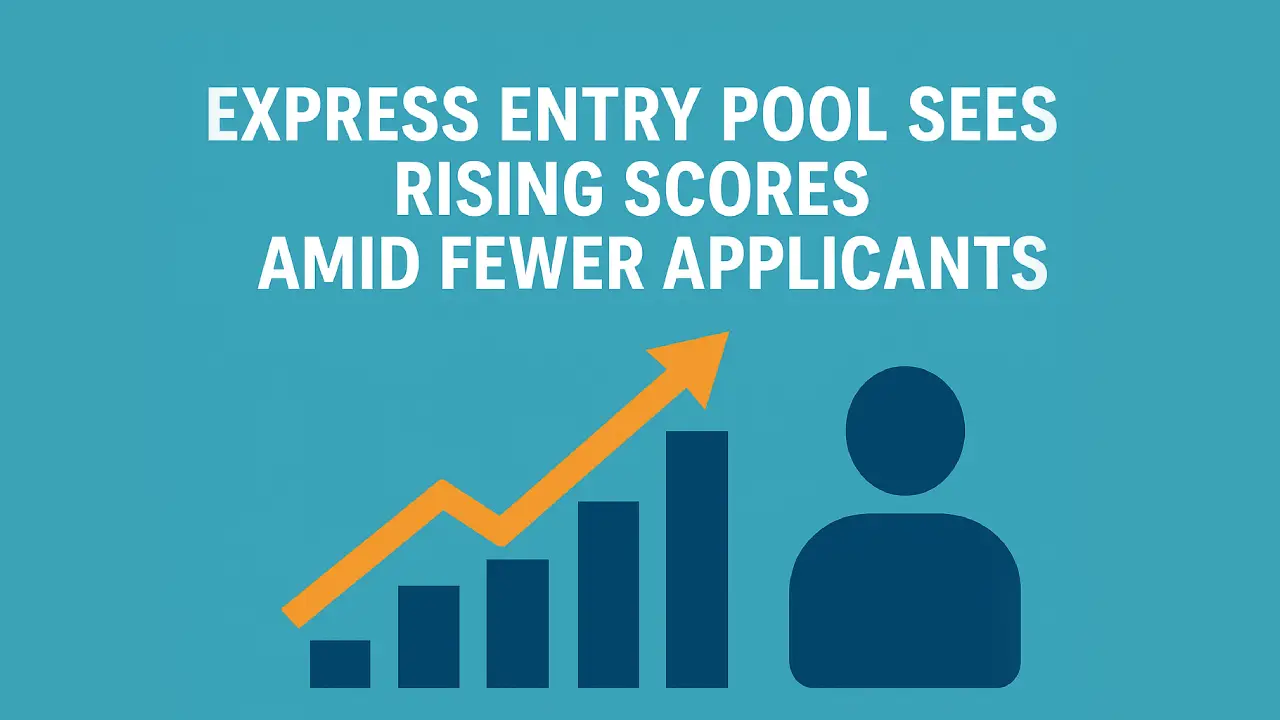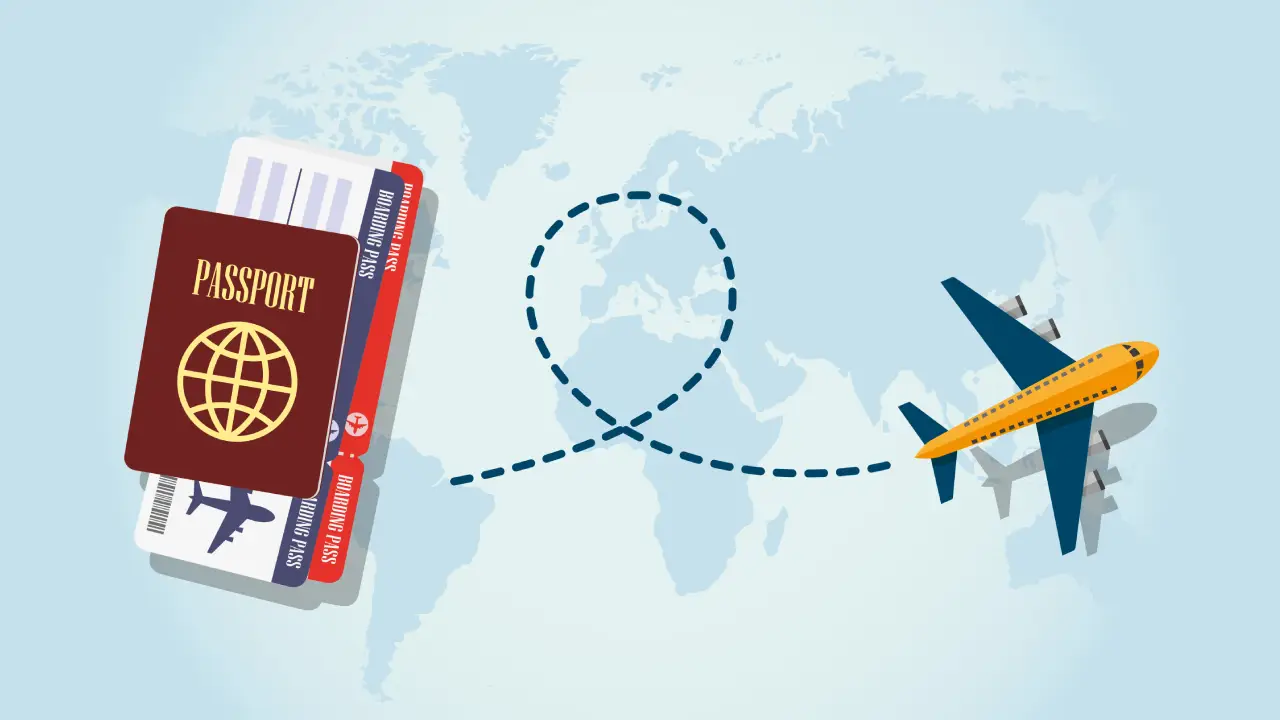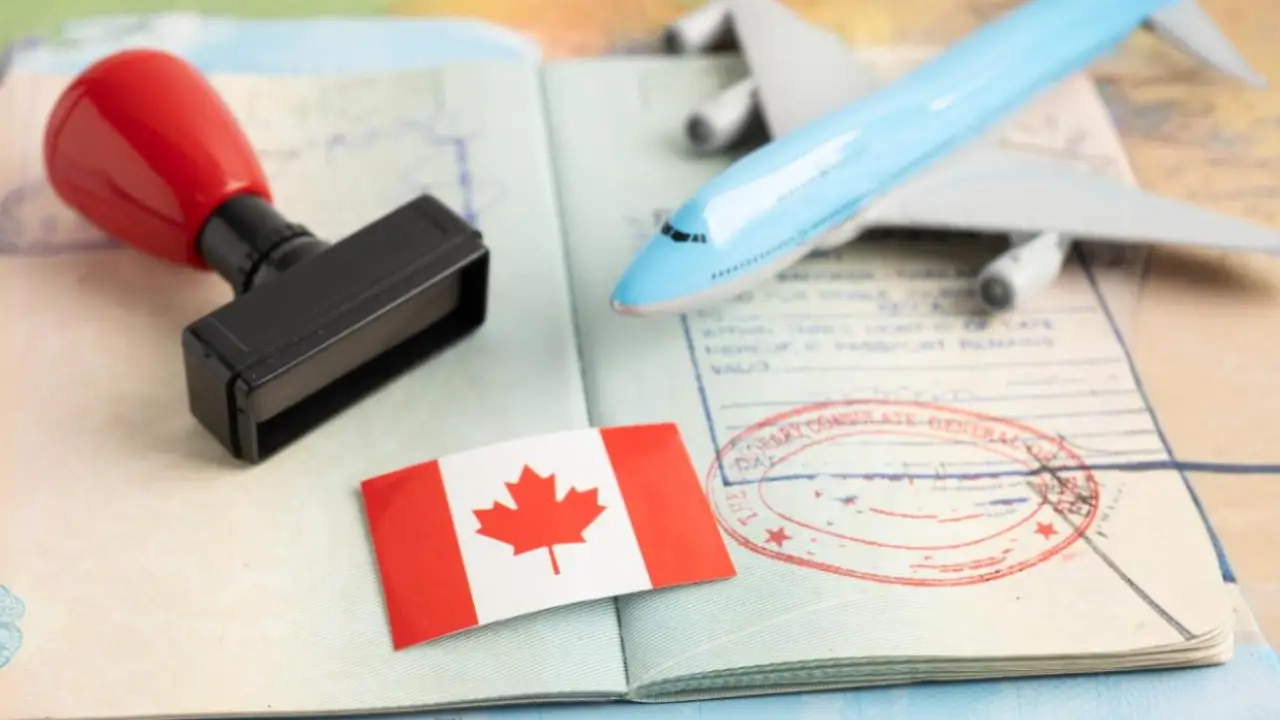Are you seeking a Permission to Work Without a Permit While Married in Canada? If you're a spouse or common-law partner of a Canadian citizen or permanent resident planning to apply for permanent residence, this blog post explores the eligibility criteria, application process, and the benefits of obtaining a spousal open work permit while your sponsorship application is under review.
Who, as a spouse or common-law partner, is eligible to apply for a work permit while being sponsored?
You might be able to apply for a spousal open work permit if you are sponsored as the spouse or common-law partner of a Canadian citizen or permanent resident. You can work in any job for any employer in Canada if you have an open work permit. In order for your sponsorship application to qualify you for a spousal open work permit, you have to fulfill the following requirements:
- • You must be inside Canada.
- • You must have applied for permanent residency under the inland spousal or common-law partner sponsorship program.
- • You must have received your file number from Immigration, Refugees, and Citizenship Canada (IRCC) for your sponsorship application.
- • You must have a valid temporary resident status in Canada, or be eligible for restoration of your status.
- • You must be qualified to travel to Canada.
When is my spouse who is sponsored eligible to apply for an open work permit?
Once you have filed your application for permanent residency and obtained your sponsorship file number from IRCC, you can apply for an open work permit if you are being sponsored inland as a spouse or common-law partner.
If I want to apply for a spousal open work permit, do I have to pay a biometrics fee?
As of my last knowledge update in September 2021, biometrics fees were not required for open work permits associated with spousal sponsorship applications in Canada. It's important to keep in mind that immigration rules and laws can change.
To get the most up-to-date and accurate information regarding whether biometrics fees are required for spousal open work permits, I recommend visiting the official Immigration, Refugees, and Citizenship Canada (IRCC) website or contacting the nearest Canadian visa application center (VAC) or the Canadian embassy/consulate in your area.
These sources will provide you with the current application requirements, fees, and procedures for spousal open work permits. Immigration policies and fees may change, so it's essential to consult the latest information to ensure you are following the correct guidelines when applying for an open work permit for spousal sponsorship.
My request to sponsor was granted. How does my open work permit fare?
Congratulations on the approval of your spousal sponsorship! When your spousal sponsorship application is approved, there are specific implications for your open work permit. Here's what typically happens in this situation:
- • Change in Status: Once your spousal sponsorship application is approved, you will transition from being a temporary resident with an open work permit to a permanent resident of Canada. This means that you are no longer considered a visitor or temporary worker in Canada.
- • Status Document: You will receive documentation confirming your permanent resident status, typically in the form of a Confirmation of Permanent Residence (COPR) and a Permanent Resident Visa (PRV) if applicable. These documents will allow you to travel to Canada if you are outside the country and to finalize your permanent resident status.
- • Work Authorization: Since you are now a permanent resident of Canada, you no longer need an open work permit to work in the country. As a permanent resident, you have the unrestricted right to work for any employer in Canada without the need for a separate work permit.
- • Employment Continuation: If you were employed in Canada with your open work permit, you can continue to work for your current employer or seek new employment without any restrictions imposed by the work permit. Your permanent resident status grants you the same employment rights as Canadian citizens.
- • Travel and Re-entry: If you are outside Canada when your spousal sponsorship is approved, you can use your COPR and PRV (if applicable) to enter Canada as a permanent resident. It's essential to carry these documents with you when traveling and follow any instructions provided by Canadian authorities.
- • Permanent Resident Card: After your arrival in Canada as a permanent resident, you may apply for a Permanent Resident Card (PR Card). While not mandatory, a PR Card serves as official proof of your permanent resident status and can be helpful for travel purposes.
- • Healthcare and Other Benefits: As a permanent resident, you are eligible for Canada's healthcare system and various social benefits, just like Canadian citizens. You should apply for provincial healthcare coverage as soon as you arrive in your province of residence.
For sponsored spouses, how long is a work permit valid?
You have plenty of time to wait for the approval of your sponsorship application, as a sponsored spouse's work permit typically lasts for two years. It’s crucial to remember that your passport's validity will also affect how long your work permit can remain valid. Your work permit ought to be granted solely for the duration of your passport if it is about to expire.
My sponsorship was approved.
If your sponsorship application is approved and you are granted permanent residency, you will no longer need a work permit to work in Canada. You can now work in Canada for any employer without any limitations.
Conclusion
Among other benefits, if you are a sponsored spouse or common-law partner, you can apply for an open work permit to help you support yourself while your application for inland sponsorship is being processed. Knowing your eligibility and options will help you make an informed decision about whether to apply for an open work permit in Canada while your spouse is being sponsored.





